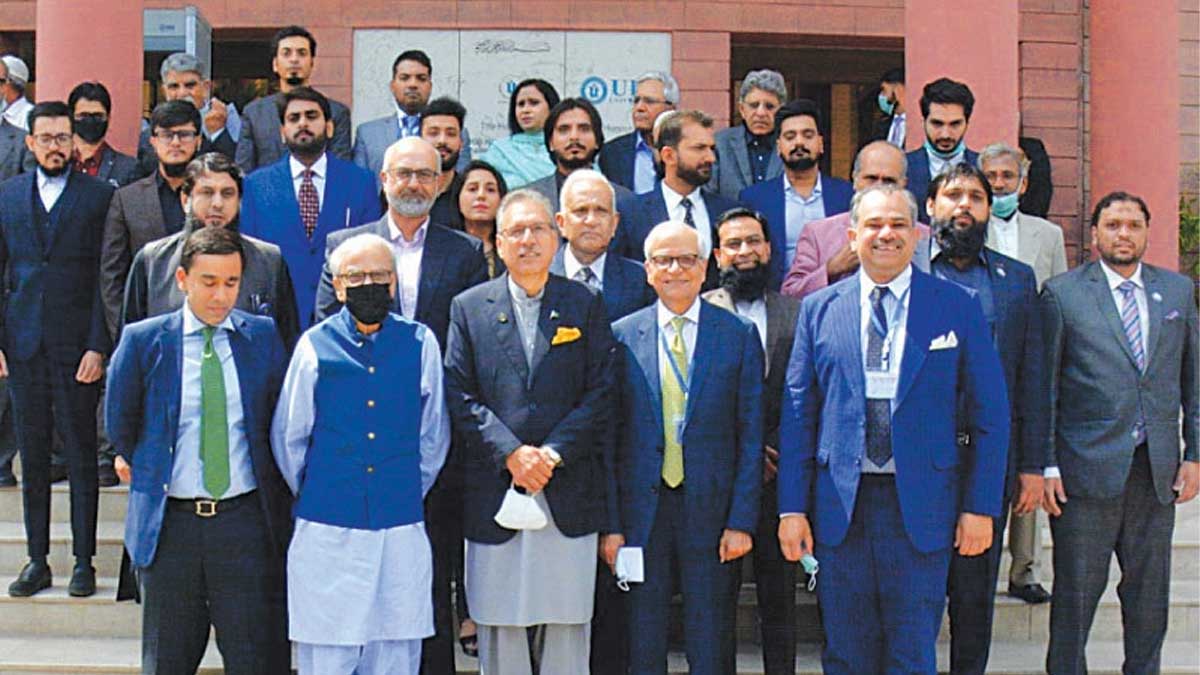The Usman Institute of Technology University has developed Pakistan’s first open-source microprocessor and now the country is looking forward to creating its first quantum lab.
As per the report, Google has sponsored the creation of a microprocessor and it has been developed in the varsity’s Micro-Electronics Research Lab (MERL).
President of Pakistan Dr. Arif Alvi expressed hope that by the year 2030 the chip-manufacturing will be a $1.3 billion industry.
“In the years to come, the IT sector will be a one-billion-dollar industry itself, for which there will be a need for more than 80 million students,” he added.
Addressing the inauguration ceremony of the microprocessor on Saturday, Mr. Alvi commended the UIT University’s students and professors who have done a remarkable job by the establishment of the open-source microprocessor. He stated the varsity had tried to remove a huge gap in the IT industry in Pakistan.
Moreover, the president emphasized the importance of education and said that it is very significant to make education open source so that everyone can get it.
Meanwhile, Naveed Sherwani while Addressing Chairman Silicon Federation said that in Pakistan 40 chips and design labs would be formed. He said that he always wanted that students did not go abroad and it was the federation’s duty to create good job opportunities in the country.
Read more: Karachi students design Pakistan’s first open source microprocessor
“Pakistan waited 70 years to tape out its chip,” Sherwani said, continuing that their goal was to educate over 1,000 students on how to prepare the open-source chip in Pakistan.
He said the IT industry is a glory of Pakistan, and the UIT University is that varsity that kicked off-chip manufacturing in a small room and today has done wonders, he added.
Dr. Shoaib Zaidi, the acting vice-chancellor of the varsity, said the utmost efforts of UIT University had made Pakistan autonomous in chip manufacturing. The computer chip, he mentioned, was the most key component of the IT industry.
Besides, Intel Chip Design Engineer Dr. Roomi Naqvi also addressed the ceremony.





















